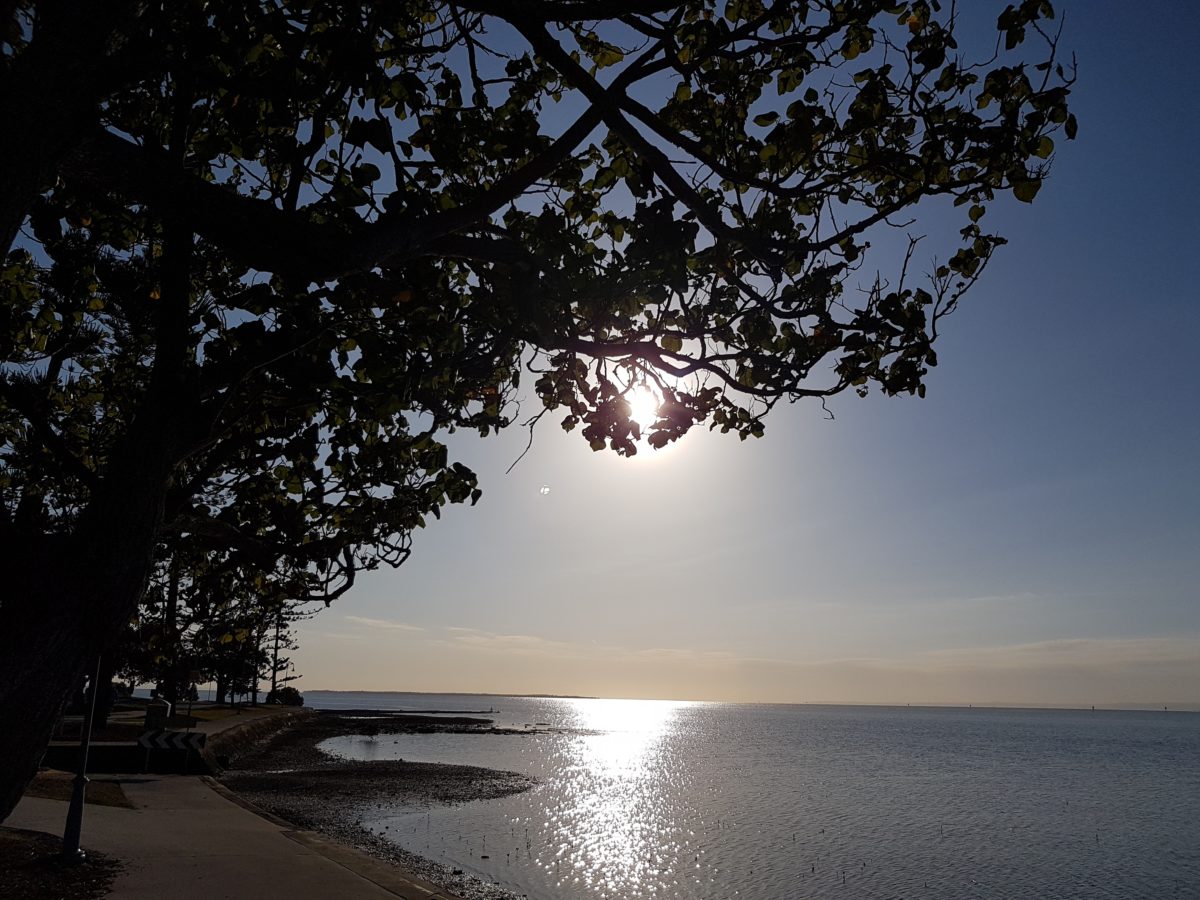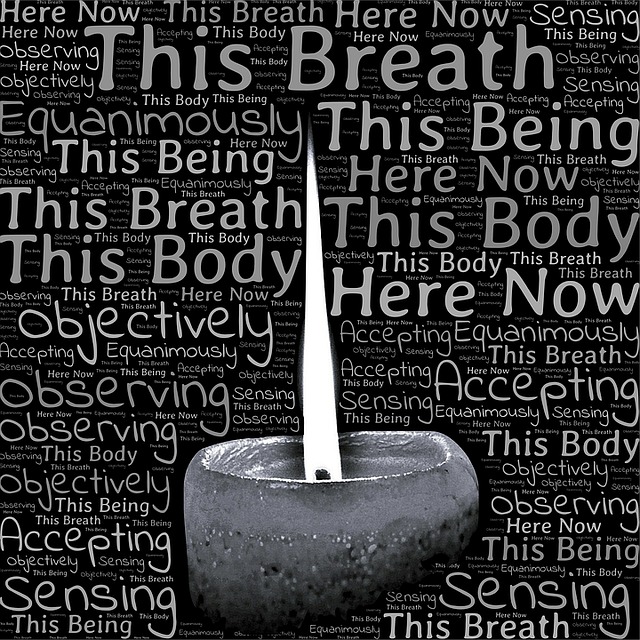Noah Levine, discussed different levels of meditation during his presentation for the Mindfulness & Meditation Summit. His topic was, Breaking the Addiction to Our Minds.
Noah identified three levels of meditation – (1) foundational – focus on breathing and grounding in the body, (2) second level – awareness of pain/suffering/attachment, (3) third level – overcoming the addiction to our minds.
He led listeners through a 10-minute meditation practice that was focused on the foundational level – mindful breathing. This was an excellent meditation with skilful guidance.
Noah made the point that while there is no ideal amount of time for a meditation practice, starting somewhere in terms of time allocation is really important. He suggested that twenty minutes could be a starting point to realise some of the reinforcing benefits of meditation. However, his strong recommendation is to aim for 45 minutes as a goal to attain because, in his experience, significant shifts/movements can occur in the last 10 minutes of this extended meditation period.
He cautions against expecting quick results and major shifts in the early stages:
Mindfulness is a gradual, systematic training that through our own efforts lead to these insights [about the impermanence of everything] and transformative wisdom [that recognises our addiction to our minds].
Noah points out too that addiction to our minds is different from other addictions such as addiction to smoking, drugs or food. As he explained from his own experience, many addictions can be overcome through abstinence – but this is not true of addiction to the mind and thinking. Like breathing, thinking occurs independent of us and is an essential part of our human existence. The problem arises when we allow our mind, our thoughts, to control our lives without the highly developed skill of discernment.
A particular insight that Noah offered is that reflection – reviewing, evaluating, planning – is not mindfulness. For me, as an action learning practitioner and teacher, reflection is integral to my daily way of life, whether it is concerning how I play tennis, conduct a workshop or engage another person in conversation. Reflection is still an act of (critical) thinking, which – though necessary to life and professional practice – is not mindfulness.
I think a key learning from Noah’s presentation is that we grow in mindfulness gradually as we develop our meditation practice to the point where we are able to overcome addiction to our minds and the process of thinking.
By Ron Passfield – Copyright (Creative Commons license, Attribution–Non Commercial–No Derivatives)


